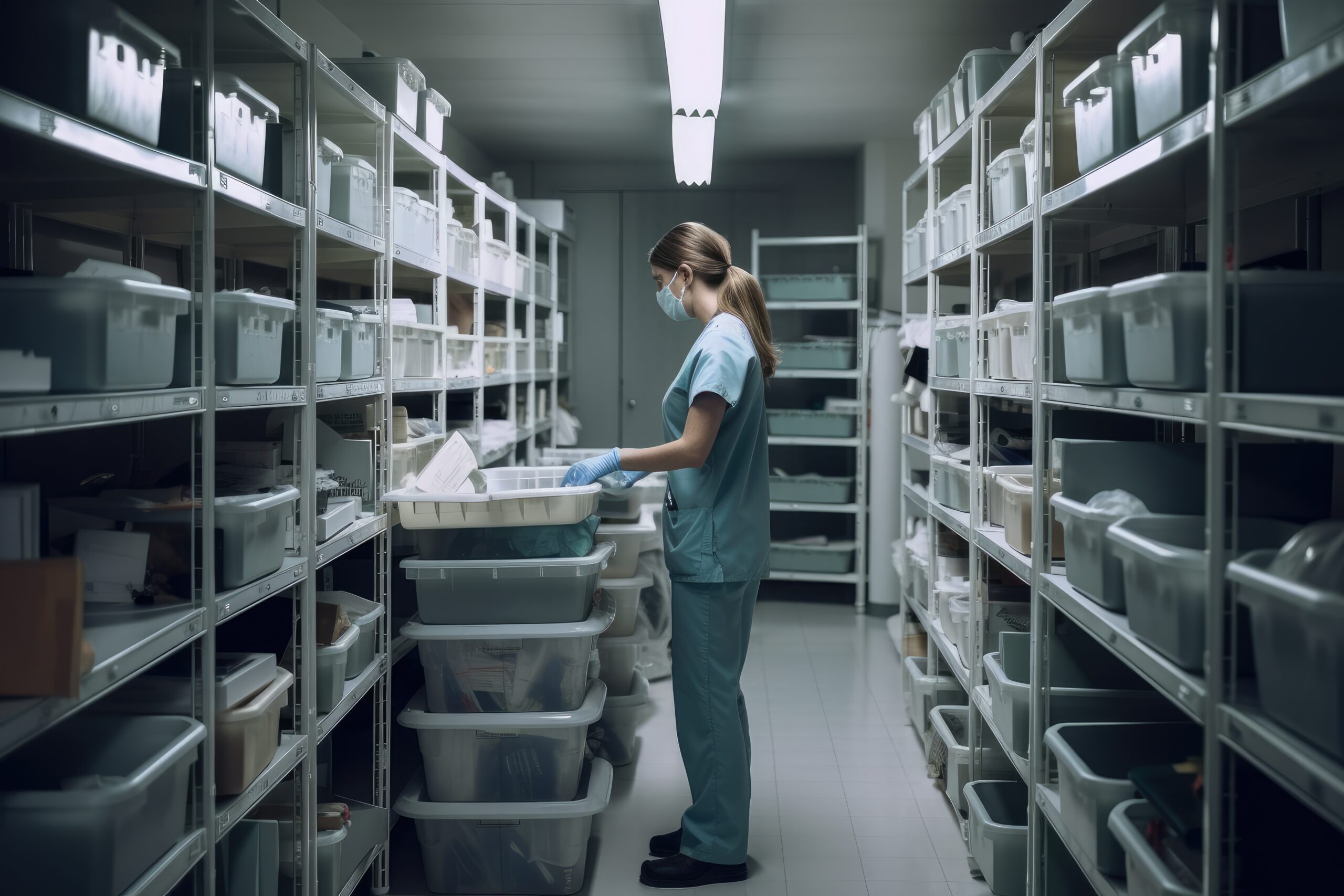Hospitals deal with a wide range of healthcare needs and offer various forms of support to their patients. While the specific and technical equipment will vary from one site to another, there are essential supplies that every hospital will need to maintain an adequate quality of care.
To be prepared for demanding situations and have the stock to maintain daily duties, it’s vital that hospitals hold not only the appropriate medical essentials on-site, but also a sufficient supply to avoid delays in delivering treatment.
So, what medical equipment do you need to keep on-hand and why? In this article, we’ll provide a guide of essential medical supplies for every hospital, split into categories to help you understand their role and necessity.
Essential supplies for every hospital
Hospitals and other medical care providers should have standard supplies readily available. This is because the healthcare environment requires efficiency to ensure streamlined operations, maintain a high-grade of hygiene, and health emergencies can be dealt with promptly.
Essential supplies include:
Storage equipment
All hospitals must be able to move and store equipment quickly and in sustainable manner. Many hospitals are limited in space and have dedicated areas for specific tasks, so transport and storage are critical. Equipment in this area includes:
- Movable shelving and storage units, such as louvred wall panels
- Storage cabinets & fridges, including a Medisafe Plus Vaccine Fridge
- An emergency vaccine esky
- Home Care Doctor’s Bags
Patient Transport
Comfortable and efficient patient transport is another important aspect of hospital operations. Getting patients from A to B to receive their treatment or care needs to be done in a method that is comfortable, respectful, and easy-to-manage for staff. Tools that will help with this include:
- Stretchers
- Wheelchairs
- Surgical tables
General use supplies and equipment
Countless procedures will occur inside a hospital on a daily basis, but most will typically require some general-use supplies to complete them y. Whether it is for sterilisation or simple first-aid basics, these essential supplies include:
- Wound care products, such as bandages, gauze and basic dressings
- Surgical equipment, from forceps and needle holders, to scissors, scalpels and more.
- Disposables, like hypodermic needles & syringes
Wearable supplies
Medical professionals and patients require proper protective equipment as they can be exposed to (and spread (many contaminants whilst in a hospital. These include:
- Disposable gloves
- Eyewear
- Face masks
- Medical gowns
- Towels & bedding
Sterilisation equipment
Hospitals deal with many patients with illnesses who may be carrying a contagious infection. Hospitals need to remain highly hygienic to prevent any contamination of blood, germs and fluids between people, which is why this sterilisation equipment are essential:
- Disinfectant wipes, soaps and hand sanitisers
- Autoclaves
- Ultrasonic cleaners
- Sterilisation supplies
Emergency equipment
While not all hospitals have an Emergency Department, emergencies can happen in all hospitals. These may occur during surgery or when a patient’s health declines while in the hospital, as well as when patients come in due to a health emergency. Ensuring your hospital has critical emergency equipment readily available can increase the chances of the best outcome occurring for a patient in an emergency. It’s important for every hospital to have:
Diagnostic equipment
Understanding a patient’s condition is critical to know how best to treat them. Particular diagnostic equipment is essential for hospitals to correctly diagnose their patients, and beyond specialised equipment, all hospitals should have:
- X-ray machines & viewing technology
- Stethoscopes
- Medical imaging machines
- Equipment to monitor vital signs, including ECGs and pulse oximeters
- MRI machines
- Ultrasound equipment
While all this equipment should be kept in every hospital, hospitals typically need to have more advanced equipment to suit the needs of their specific patients and procedures. For example, if you perform surgeries at your hospital, you’ll need advanced surgical supplies as well as the accompanying machinery and equipment to support your operations.
Learn More About Essential Equipment from Team Medical Supplies Today
For more information on our products, please contact us at Team Medical Supplies today by calling 1300 22 44 50 or filling out a contact form on our website.

